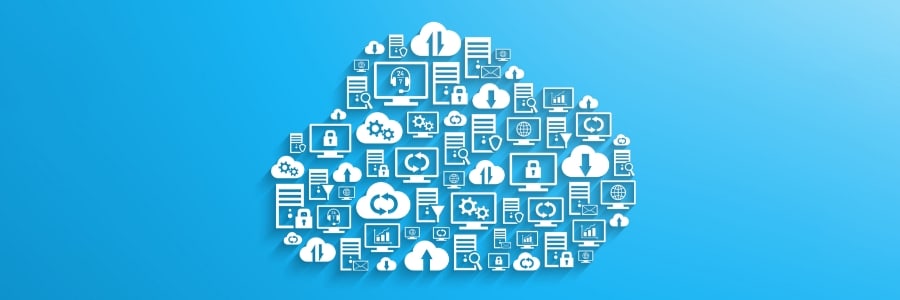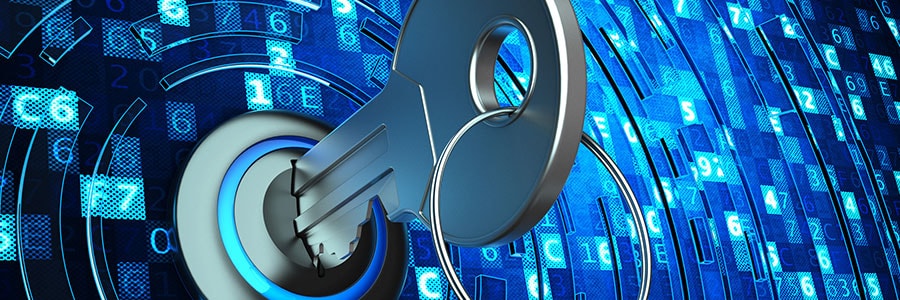Traditional marketing strategies involve manually segmenting lists, sending emails, and tracking leads. However, these processes can be time-consuming, costly, and error-prone. Marketing automation fixes these issues, helping small- and medium-sized businesses (SMBs) acquire more leads and increase their revenue.
Data backup solutions your business needs

Data loss, whether caused by equipment failure, human error, natural disasters, disgruntled employees, or cyberattacks, is a major threat to your business. If you’re not prepared, losing sensitive data can bring your business to a grinding halt. Fortunately, the following backup solutions can help prevent such a scenario.
What is email automation and what are its benefits?
7 Types of video content to boost your marketing campaigns

More and more businesses are using video marketing to achieve their marketing goals. In fact, the Content Marketing Institute said that video will be the top investment for marketers in 2022. If you too are interested in creating effective videos, you first need to know the different types of video content that will help you connect and build deeper relationships with your target audience.
How to secure customer data collection

For companies to succeed, they must be able to deliver value to their customers. This entails having a deep understanding of their clients' needs and interests by collecting and segmenting customer data. However, they should first ensure that they are compliant with data privacy laws to avoid corresponding fines and penalties.
Ensuring business continuity with cloud technology
5 Ways your business can benefit from dashboards
Business intelligence tools: Why every SMB should use them

For years, big companies have been harnessing the power of business intelligence (BI) to improve business performance. And for them, paying experts to analyze large data sets is no issue. It’s different with small- and medium-sized businesses (SMBs). SMBs also store large volumes of data, but many SMB owners are wary of spending too much on BI. Fortunately, there are plenty of budget-friendly BI tools and resources available for your SMB nowadays.
What are identity and access management systems?

Businesses frequently deploy strong antivirus software and firewalls to protect themselves against cyberattacks, but relying on just those is not enough. A cutting-edge identity and access management (IAM) solution is essential for protecting your digital assets from hackers, rogue employees, and weak passwords.





